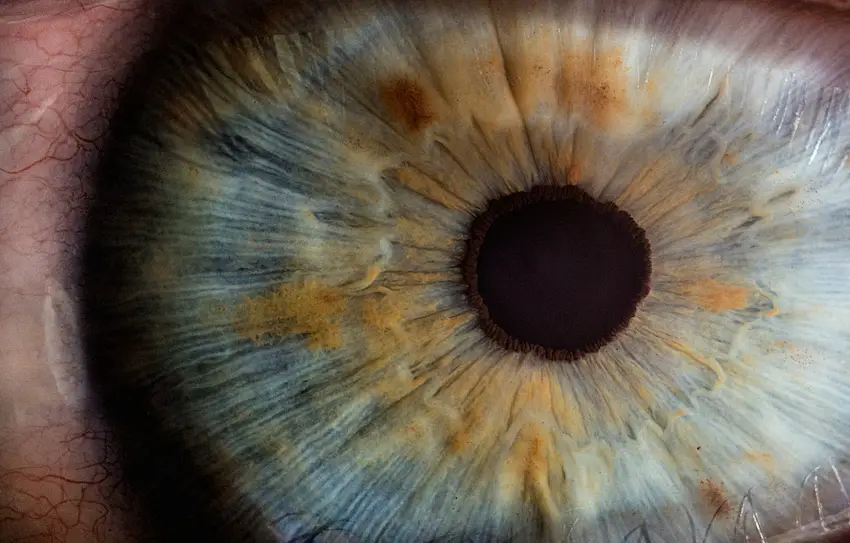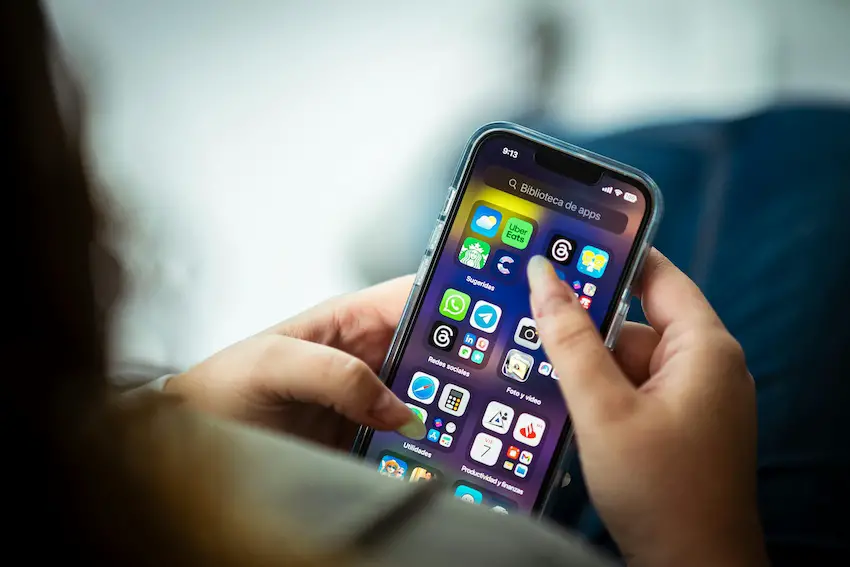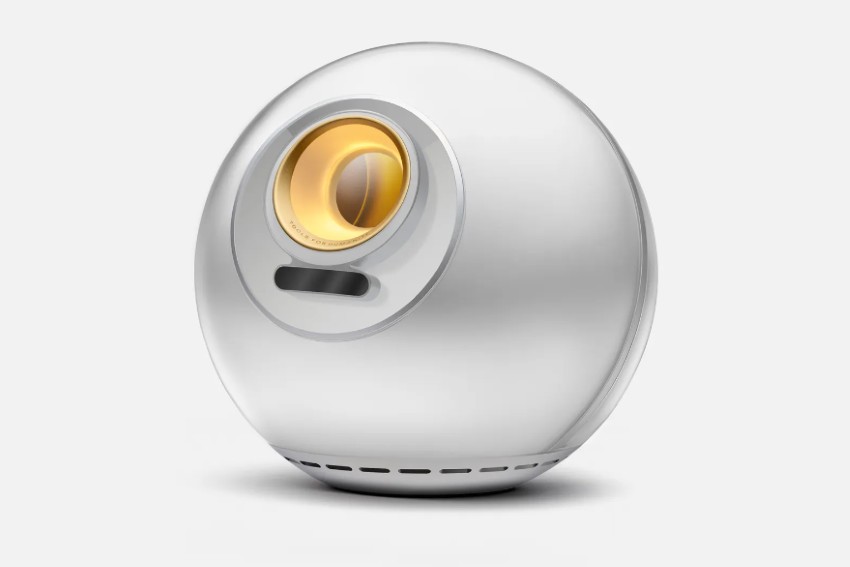Would you like to order pizza, tacos, or an orb that collects biometric data? The latter may soon be an option in Mexico, too, thanks to a partnership between delivery app Rappi and Worldcoin. Worldcoin is a project that uses data collection globes to build a database that it hopes will one day be used to prove people’s humanity.
In September, Mexico’s National Institute for Information Transparency and Access (INAI) began investigating a project known as World Coin, an eye-scanning sphere that records biometric data. Now, World Coin has announced that starting next year, Orbs will be available on demand in Latin America, just like pizza. Wired reports that the partnership with the app Rappi will allow citizens to sign up for the World Network from home by having an orb appear on their doorstep and scan their iris.


The World Coin arrived in Mexico last year and can be found in 13 locations across the country, from Monterrey to Guadalajara, and at least six locations in Mexico City, according to monthly technology magazine Wired.
More than 5 million people have already lined up to stare at a bowling ball-sized sphere and have their irises scanned, alarming privacy advocates and regulators, some of whom have Its use is prohibited in some countries. Additionally, WorldCoin came under scrutiny for its deceptive and exploitative practice of recruiting individuals to have their iris scanned.
Early last month, INAI expressed concern and announced it had launched its own investigation. Participate in the project. The agency is particularly concerned about the potential misuse of personal information and biometric data and decided to launch the investigation following complaints from users in Mexico.
Is “Orb” collecting biometric data from Mexican children?
INAI informed the public that anyone who believes their personal information has been compromised can file a complaint, which will be incorporated into the investigation.


A few days later, Mexican technology publication Zataka reported that it was unclear whether INAI would take steps to limit WorldCoin’s data collection or potentially ban its use. .
According to the project, in addition to receiving online ID verification, users will be given 25 WLD of digital currency, worth approximately 115 USD.
However, news agency N+ reported that a significant number of users claim they have not received their digital currency. In addition, minors are also said to have participated in the project, violating Mexican law that prohibits the collection of biometric data from minors.
protect world coin
Sam Altman, founder of Worldcoin and CEO of OpenAI, said: claimed The project dates back to 2019 and aims to create a “global identity-based financial and identity network” that is considered essential in an era where artificial intelligence is the norm.
Altman’s reasoning is that it’s becoming increasingly important for people to prove they’re not a bot. The result is iris-scanning technology that generates private tokens that verify your identity around the world.
However, Cointelegraph notes that since its founding, Altman’s startup has “faced significant backlash from influential privacy advocates, including US whistleblower Edward Snowden,” citing concerns about how biometric data is stored and used. “It was,” he wrote.
Although project administrators claim they do not store or catalog biometric data, advocates say simply not matching names to collected data assures that personal data is not vulnerable. They claim that there is not enough to do so.
With reports from Zataka, N+, cointelegraph and wired


